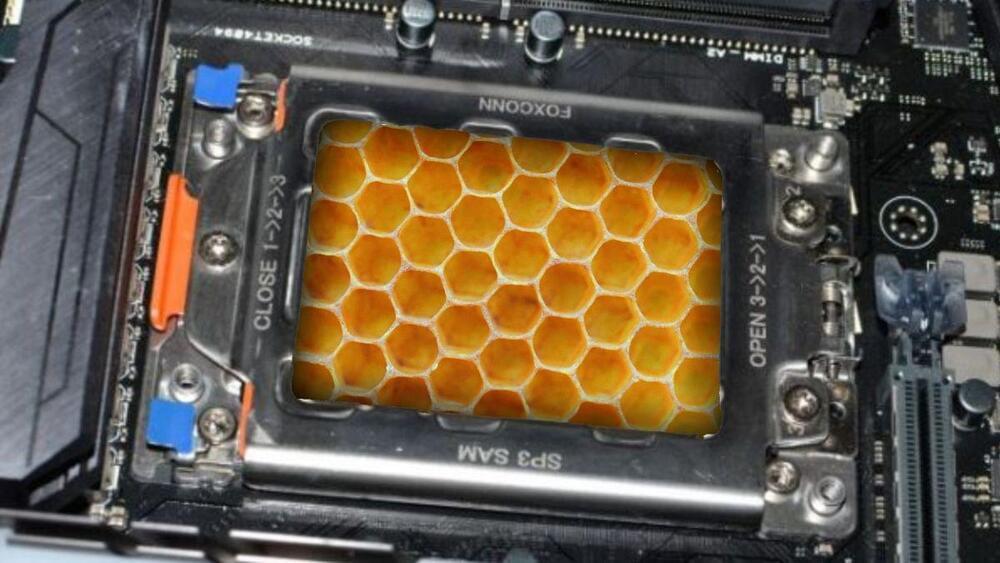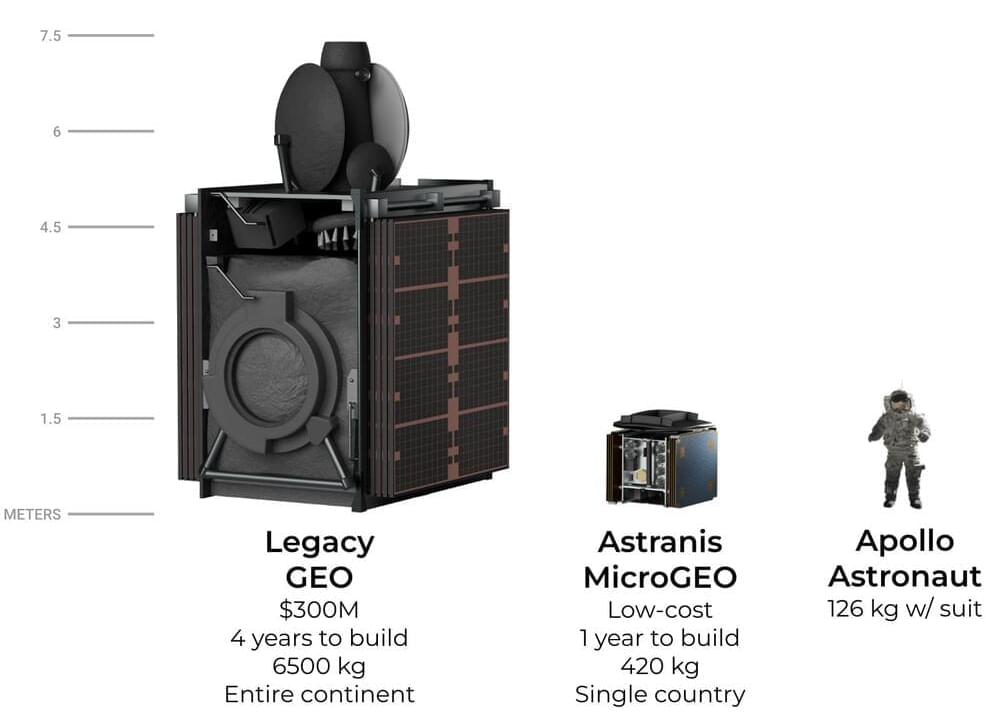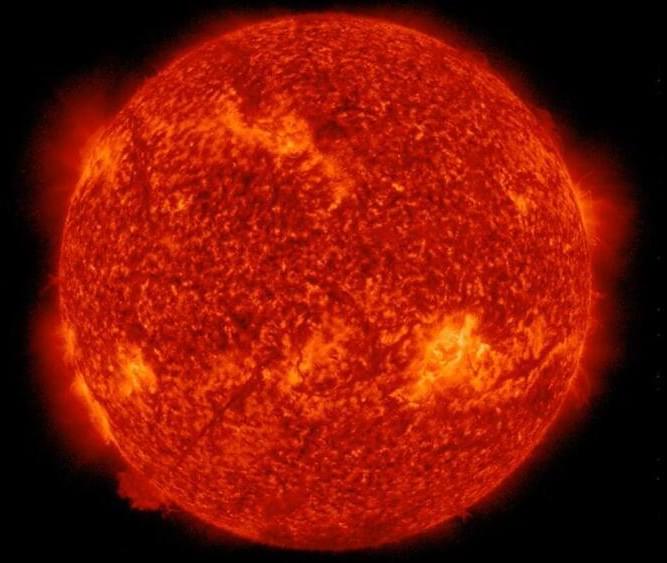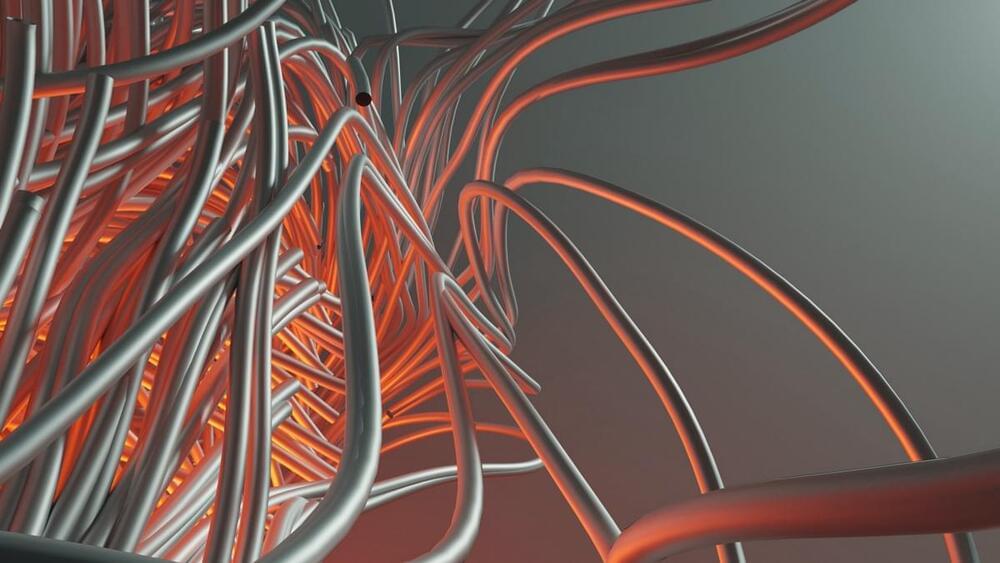West Virginia’s largest solar farm will sit on the site of the 5,800-acre Hobet Mine, one of the state’s largest former coal mines, which went bankrupt in 2015.
UnderstandSolar is a free service that links you to top-rated solar installers in your region for personalized solar estimates. Tesla now offers price matching, so it’s important to shop for the best quotes. Click here to learn more and get your quotes. — *ad.
The solar farm will be situated on 3,000 acres of the site, which straddles Boone and Lincoln counties in the southwestern part of the state, near Charleston. It will power an adjacent 2,800-acre site that will host industry, lodging, hospitality, and recreation, and the whole site will be known as SunPark. The solar farm is the first phase of the project.









